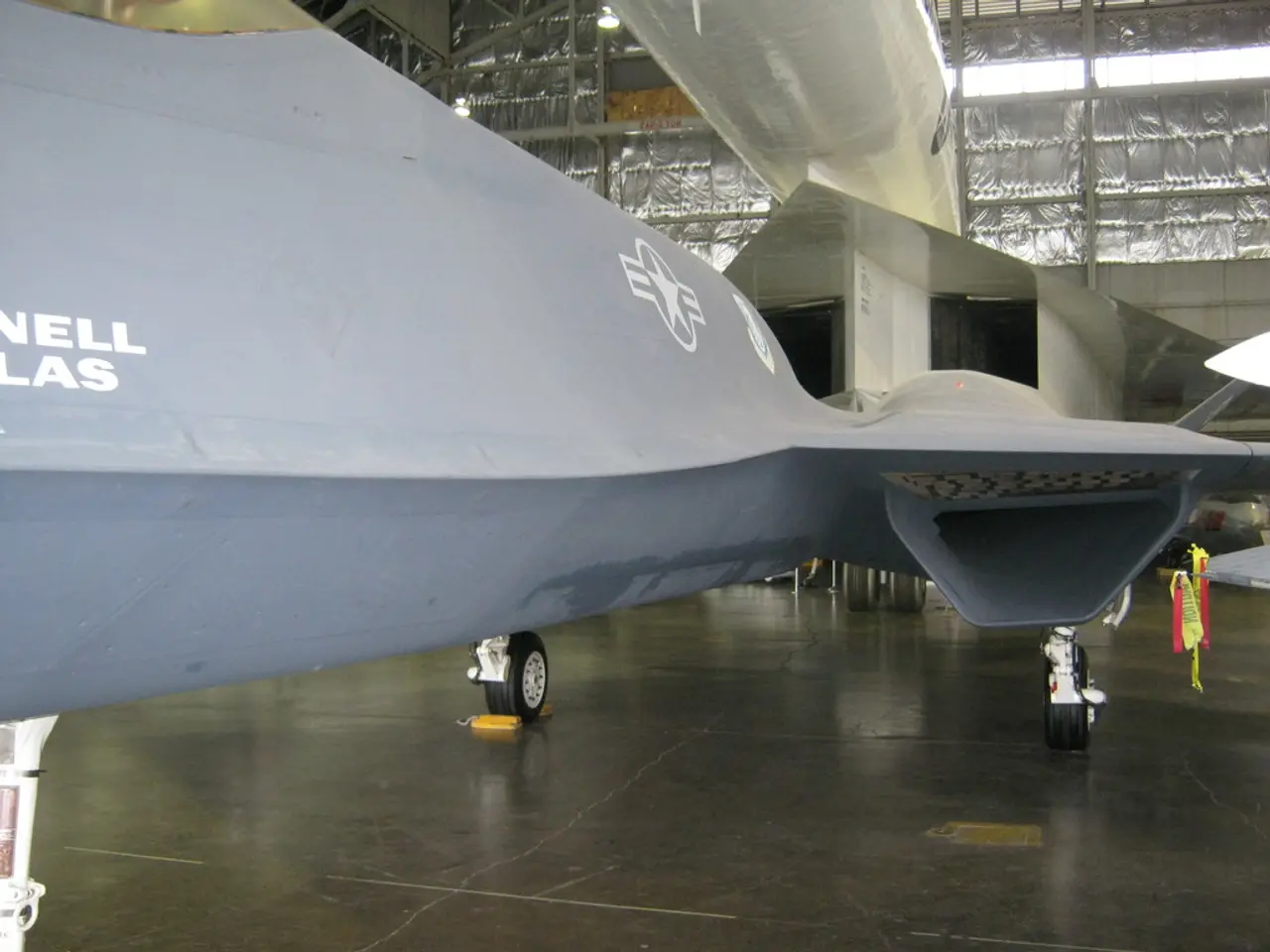Looking for a break, but hesitant about flight travel?
Flying can be an exhilarating experience, but for some, it triggers anxiety and fear. Here's a look at various methods used in flight anxiety training programs designed to help individuals conquer their fears and enjoy air travel with confidence.
Before choosing a program, it's recommended to research different options, discuss with the trainer, and consider a personal meeting to ensure a good fit and openness to the methods.
Different providers offer a variety of approaches. These may include factual information about flight technology and safety, specialized hypnosis techniques, cognitive behavioral and exposure therapies, relaxation strategies, breathing exercises, and other techniques.
One common method is exposure therapy, where individuals are gradually exposed to flight-related stimuli in controlled environments. This could start with less intimidating stimuli such as photos of airplanes or airport visits, and progress to simulations or actual flights.
Virtual reality (VR) or simulator-based exposure is another effective approach. Immersive VR experiences or flight simulators replicate realistic flight conditions like boarding, takeoff, turbulence, and landing. This allows fearful flyers to practice coping in a safe, controlled setting, accelerating desensitization and reducing anxiety more rapidly than traditional talk therapy alone.
Knowledge and myth dispelling is also crucial. Providing accurate information about aviation mechanics, sounds, and vibrations can help address uncertainties and cognitive distortions that fuel anxiety. Some programs use actual flight simulators where participants can even handle controls, empowering them and reducing the feeling of helplessness during flight.
One-on-one personalized coaching sessions often help individuals identify their specific triggers and develop tailored coping strategies. Trusted guides, such as therapists or experienced pilots with counseling backgrounds, support breaking down negative mental patterns and reinforce positive experiences with flying.
Building psychological resilience and coping skills is another important aspect of these programs. Cognitive-behavioral therapy (CBT) principles are often used to change negative thought patterns and build mental resilience, which improves stress management during flights.
Preparation for a flight can start a few days before. Taking it easy, packing calmly, and creating a comfortable atmosphere can help reduce stress levels. Informing flight attendants about flight anxiety can also be beneficial, as their calm demeanor can be contagious.
Regularly drinking water during a flight can help combat the dry air, which can signal fear to the body. Movement can also reduce stress hormones, such as marching past all the gates at the airport.
It's worth noting that the most dangerous part of flying is not the flight itself, but the drive to the airport. The risk of dying in a plane crash is extremely low, at 0.06 per million flights. Even a lightning strike does not necessarily harm the plane.
Practically all airplanes can continue to fly smoothly if an engine fails, and even without an engine, they can glide at normal cruising altitude for at least 150 kilometers.
For those with extreme flight anxiety who may face professional consequences, these programs can be especially helpful. They can significantly reduce anxiety and help with relaxed flying.
In 2024, there were 46 airplane accidents with 244 fatalities, out of more than 40 million flights and around five billion passengers per year. This underscores the safety of air travel and the effectiveness of these programs in helping individuals overcome their fear of flying.
References:
- International air transport association (IATA). (2021). Overcoming flight anxiety. Retrieved from https://www.iata.org/contentassets/01a855f37a644b6baa676141459b3276/overcoming-flight-anxiety.pdf
- Anxiety and Depression Association of America. (2021). Fear of flying. Retrieved from https://adaa.org/living-with-anxiety/specific-phobias/fear-of-flying
- Mayo Clinic. (2021). Fear of flying: Coping strategies. Retrieved from https://www.mayoclinic.org/diseases-conditions/fear-of-flying/in-depth/fear-of-flying/art-20048389
- National Health Service (NHS). (2021). Fear of flying. Retrieved from https://www.nhs.uk/conditions/fear-of-flying/
- Psychology Today. (2021). Fear of flying. Retrieved from https://www.psychologytoday.com/us/conditions/fear-flying
In the realm of health-and-wellness and mental-health, flight anxiety training programs employ various methods to aid individuals in overcoming their fears and enjoying air travel confidently. These approaches often incorporate science-based information about aviation safety and debunking myths, exposure therapies, cognitive behavioral therapy principles, relaxation strategies, and even hypnosis techniques. For instance, Virtual reality (VR) or simulator-based exposure can help fearful flyers practice coping in controlled settings before actual flights. Additionally, personalized coaching sessions can help individuals identify and address their unique triggers, while developing tailored coping strategies. It's also important to note that these programs can significantly benefit those who may face professional consequences due to extreme flight anxiety. By participating in these programs, individuals can build psychological resilience, cope with stress more effectively, and potentially reduce their anxiety levels, making flight a more enjoyable and less fearful experience.




